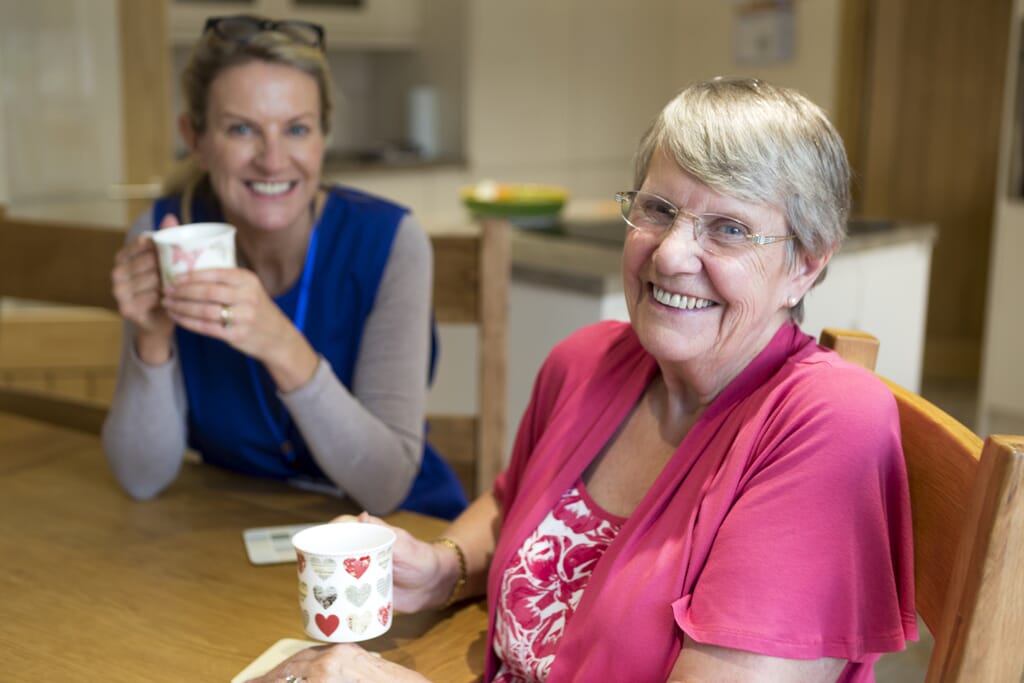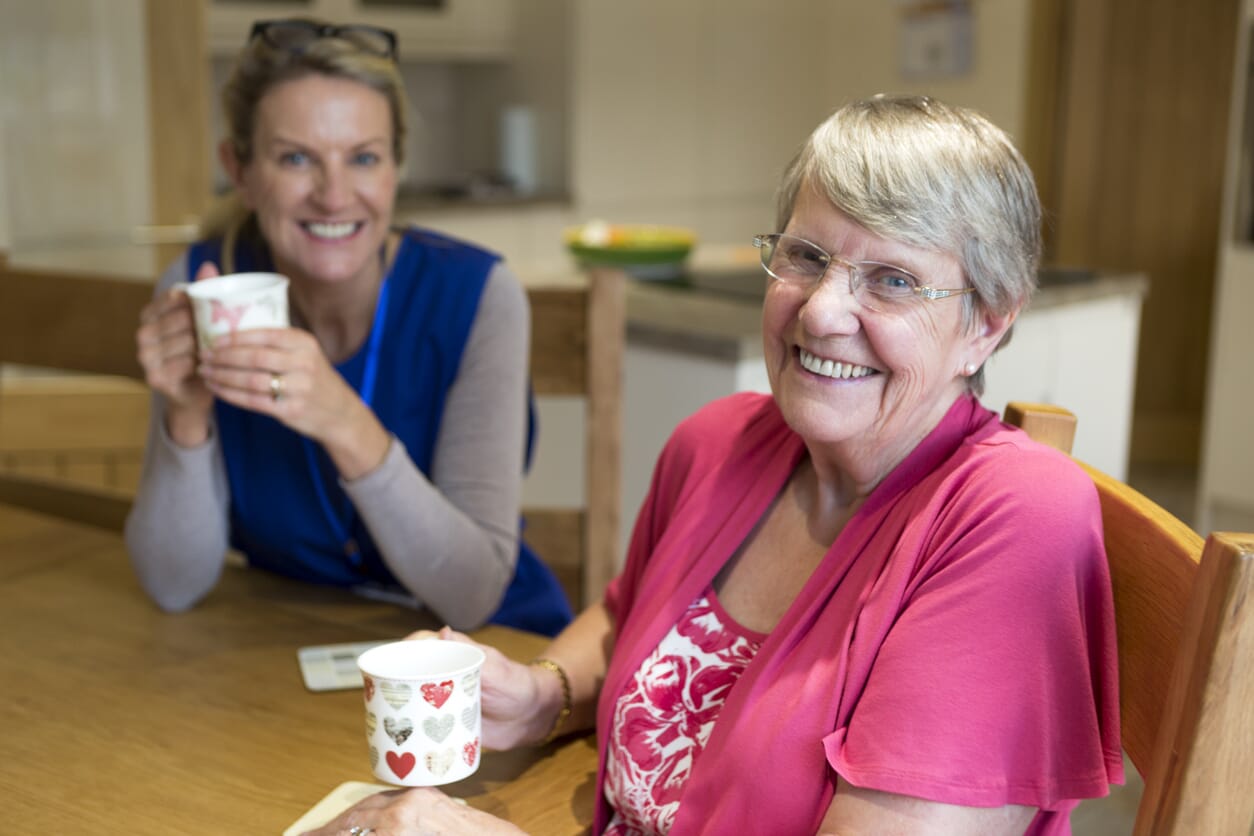Call: 01242 383 773 Or Email us

Complex Care
What Care is There for People with Down’s Syndrome

In the UK, doctors deliver approximately one in every 1000 babies with Down’s syndrome. This genetic condition disrupts normal development, leading to both physical and learning impairments. Many children with Down’s syndrome receive care from their family members. Adults with Down’s syndrome may have difficulty completing daily tasks, especially if they live independently.
The good news is that with the necessary care, people with Down’s syndrome can lead long and healthy lives. But what is Down’s syndrome care and what does Down’s syndrome care support help with? In this article, we delve into all things Down’s syndrome care – discover more below.
What is Down’s Syndrome Care?
Down’s syndrome affects each person differently, meaning that care provided is often specifically tailored to the individual’s needs. The level of support required depends on the severity of their learning disability, alongside any related physical health conditions such as heart issues and autoimmune disorders. Some adults may require only a few hours of help per day with daily tasks, whereas others may benefit from a live-in care worker to provide 24/7 care and support.
But one thing is certain; Down’s syndrome care can certainly help those affected to live independently at home, whilst providing any necessary support when needed. Whether the individual in question receives live-in care or independent supported living, they will typically receive a personalised care plan. A Down’s syndrome care plan is person-centred and specifically tailored to the individual, with the flexibility to change depending upon their requirements.
What Does Down’s Syndrome Care Support Help With?
Down’s syndrome carers can help with a wide variety of everyday tasks. They provide support with personal care and household chores, whilst encouraging individuals to improve their communication skills and confidence.
They can offer assistance with:
- Personal care tasks i.e. bathing and dressing
- Housekeeping i.e. cleaning and laundry
- Cooking and preparing meals
- Running errands
- Attending medical appointments
- Administering medications
- Going to work or attending university/college
- Socialising with friends and family
- Getting out and about in the community
- Paying bills and money management
- Attending social events
- Completing recreational activities
- Emotional support
The Benefits of Down’s Syndrome Care
Improved Quality of Life
Individuals with special needs deserve to lead fulfilling lives, just like anybody else. Whether it be providing assistance with commuting to work or college, completing personal care tasks or attending medical appointments, Down’s syndrome care can greatly improve the quality of life for those affected.
Inclusion in the Community
Down’s syndrome care focuses on equipping adults with the skills and resources they need to interact with their peers. Individuals are strongly encouraged to take part in social activities and attend classes within the local community, fostering a sense of belonging and inclusion.
Increased Independence
Home care for Down’s syndrome offers the support required to facilitate independent living within the community. Carers often support individuals with Down’s syndrome in making their own choices about daily activities and setting goals. This helps them learn important life skills and become more independent.
Dedicated Down’s Syndrome Care from Safehands
If your loved one could benefit from Down’s syndrome care, look no further than Safehands Healthcare. We offer care without compromise to those with learning disabilities, developing person-centred support plans that are specifically tailored to the individual’s wants and needs. Call one of our friendly advisors on 01782 692666 today to discuss your loved one’s care requirements.




